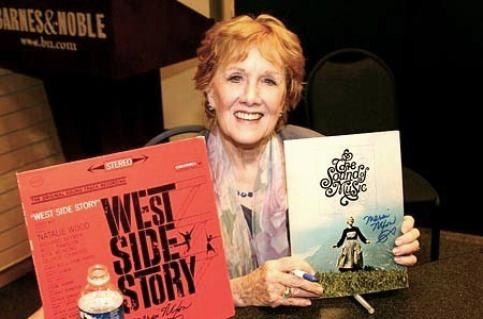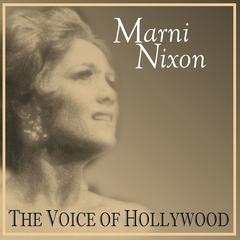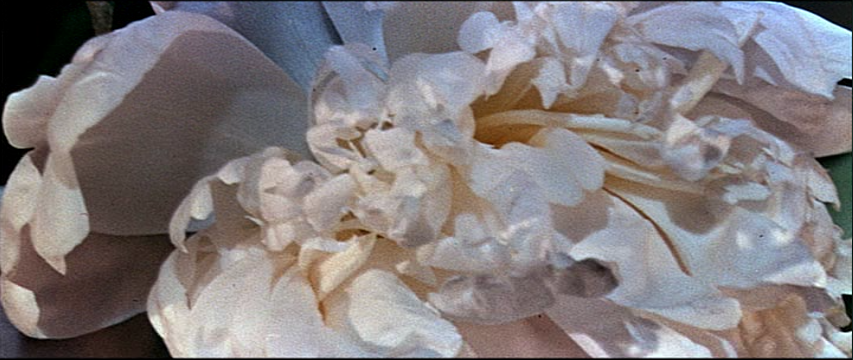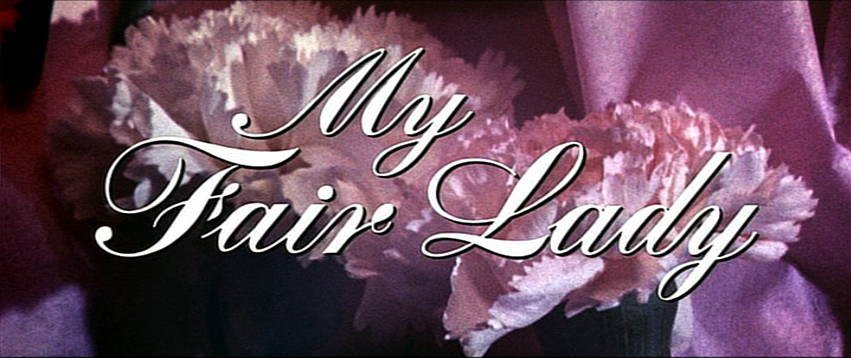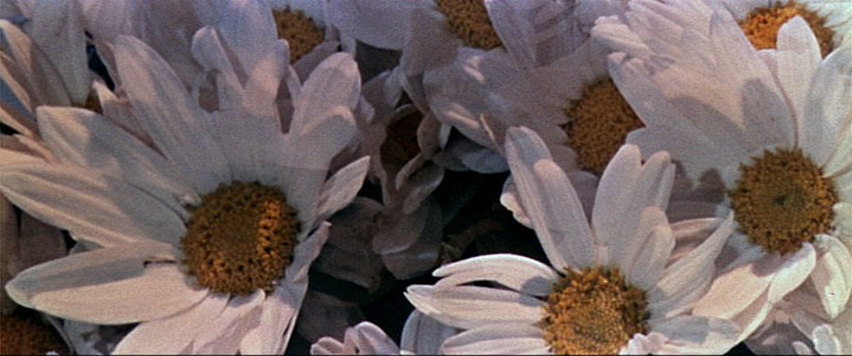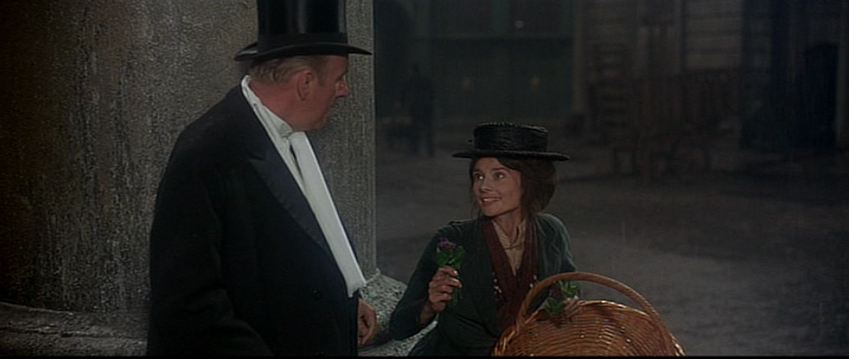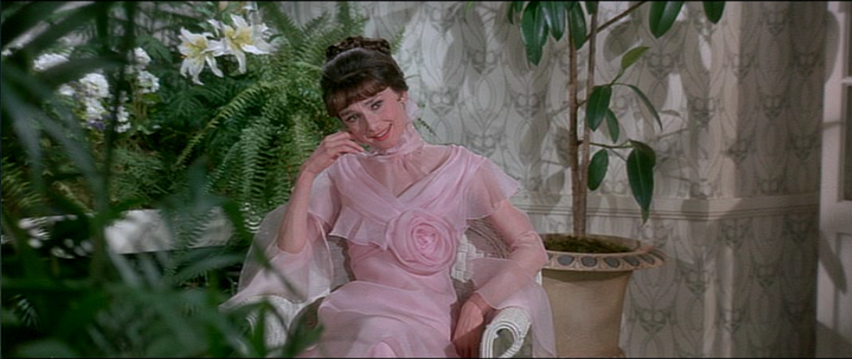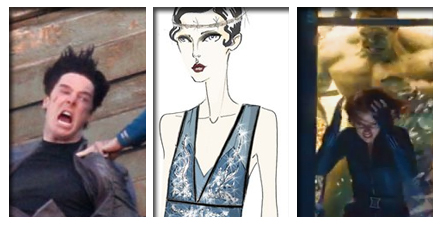Amir here, to bring you this month’s Team Top Ten on a topic that remains one of our biggest collective pet peeves here at The Film Experience.
Every year when the Academy announces the list of recipients of the Honorary Oscar, we can expect only one thing: they will all be men. Sure, the odd woman wins the award here and there, but consider this: between 1993, when the honor was bestowed upon Deborah Kerr, until 2009, when Lauren Bacall shared the award with two men, not a single woman was deemed worthy of the biggest honor AMPAS has to offer. Apologists can point to the fact that men have run the industry at large since its inception. They would be right; the industry as a whole is equally at fault, if not more, but take a look at the list of women still awaiting their first statue – or *gasp* first nomination – and tell me they don’t deserve better than one golden man every sixteen years. If the drought is as depressingly long this time as it was between Kerr and Bacall, it can be 2025 before we see another lady take home an honorary Oscar!
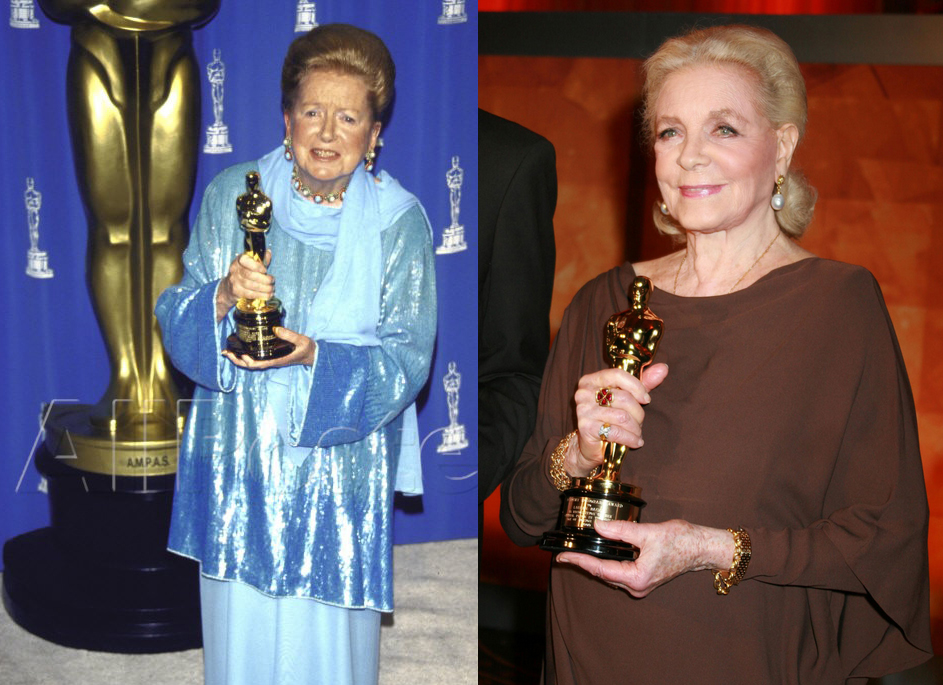 Deborah Kerr in 1993 and Lauren Bacall in 2009 and a great chasm between them
Deborah Kerr in 1993 and Lauren Bacall in 2009 and a great chasm between them
We know all too well that complaining about the Academy’s decision doesn’t get us anywhere, but since we found recently that they do have a listening ear, we’ve decided to do our part and help them correct this injustice. Let’s give voters the benefit of the doubt and assume that all they really needed all these years was a list of suggestions. So, here is ours: the top ten women who most deserve an honorary Oscar, under the following three criteria: they need to be alive, above the age of 55 and Oscar-less.
GIVE THESE WOMEN THE HONORARY!
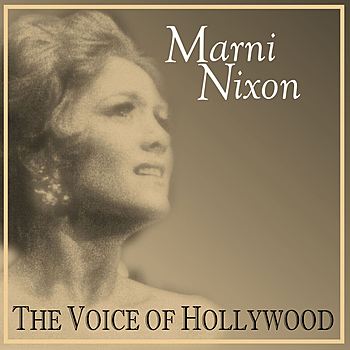 [tie] 10. Marni Nixon
[tie] 10. Marni Nixon
You may not know what Marni Nixon looks like, but I guarantee you know what she sounds like. If you've seen Gentlemen Prefer Blondes, The Secret Garden (1949), The King and I, An Affair to Remember, West Side Story, or My Fair Lady, you have heard Nixon's golden voice coming from the mouths of some of Hollywood's most legendary actresses. As if it isn't hard enough work to try to make your voice sound just like someone else's, in some instances Nixon had to do so in secret, the studios wanting to hide the dubbing from their big stars. Nixon's onscreen credits may number only in the single digits (her role as Sister Sophia in The Sound of Music being the most famous by far), but had she actually performed the roles she dubbed onscreen, she would have had at least two Oscar nominations by now. She's an indelible part of film history, and she never received any onscreen credit for her most famous work. If that isn't cause to give someone an Honorary Oscar, then I don't know what is.
-Daniel Bayer
10 more legends to honor after the jump!
Click to read more ...
 Saturday, February 26, 2022 at 10:08AM
Saturday, February 26, 2022 at 10:08AM  Marni Nixon,
Marni Nixon,  Niecy Nash,
Niecy Nash,  Sydney Sweeney,
Sydney Sweeney,  The Gilded Age,
The Gilded Age,  Tweetweek,
Tweetweek,  Twitter
Twitter 


